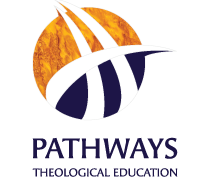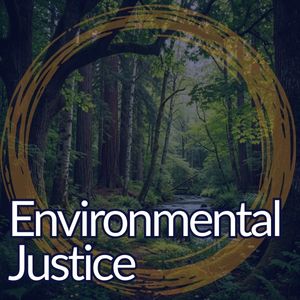Christians are called to care for “creation," which in the secular world and in most other faith traditions is termed the environment. Environmentalism is a movement that transcends religion, race, and national boundaries because, as the saying goes, “There is no Planet B.” If we are going to survive as a species, collectively human beings must find ways to work together to stop the degradation of and to begin to heal the environment everywhere in our neighborhoods, our provinces, our countries, and the world.
The United Church of Christ (UCC) has been at the forefront of this work since 1975, when a resolution titled “A Perspective on Christian Life Style & Ecology” passed at General Synod 10. This resolution mandated a study of the impact congregations and church members had on their local environment; the report was presented and accepted at General Synod 11 in 1977. This awareness within the denomination led to a natural partnership of congregations, national UCC staff, including the Rev. Benjamin Chavis, and the NAACP when residents of the majority Black-county sought relief from the impending designation of a landfill site in the county as a dumping site for toxic polychlorinated biphenyls (PCBs). The term “Environmental Justice” was first used in reference to this activism in Warren County, North Carolina, which began in the late 1970s and continued up to and past the day the first load of toxic waste arrived in 1982. A “lie-in” over the first six days the dump was in operation resulted in 523 arrests. The protests brought national attention to what became known as “environmental racism.”
Level 1 Certificate, 6 Courses:
The Level 1 Certificate is designed to provide those who complete it with basic knowledge and understanding of “the big picture” we face. Using theology, biblical literature, and church history as the anchors, Level 1 courses will explore the language of environmentalism both within and outside the Christian tradition; the stories of the Christian faith that speak to the importance of creation; and the ways that the Church has been harmful and helpful in caring for creation throughout history. Level 1 will introduce the story of inequalities across race, ethnicity, and nations in the ways that the environment is treated, as well as ways communities of faith can and have responded to environmental injustices.
- Environmental Literacy in God’s Creation
- Eco-Theology: Centering Creation in God’s Love
- Biomes and Landforms in Scripture
- Going Green
- TERRA NULLIUS: The Doctrine of Discovery and the Subjugation of Creation
- NOSTRA TERRA: The Church’s Role in Restoration and Reclamation of Creation
Level 2 Certificate (Applied), 6 Courses:
- Listening to Our Youth in a Climate-Changed World
- Small-Scale Farmers and Global Industrial Agriculture
- Water is Life
- Transforming Transportation
- Just Energy – Climate Change and Carbon Footprint
- Food Sovereignty
Level 3 Certificate (Synthesizing), 5 courses:
- Ecological Theology
- Environmental Ethics
- Indigenous Theology
- Scripture from an Agrarian Perspective
- Capstone- Worship- Preaching for Ecological Change (9-weeks)




